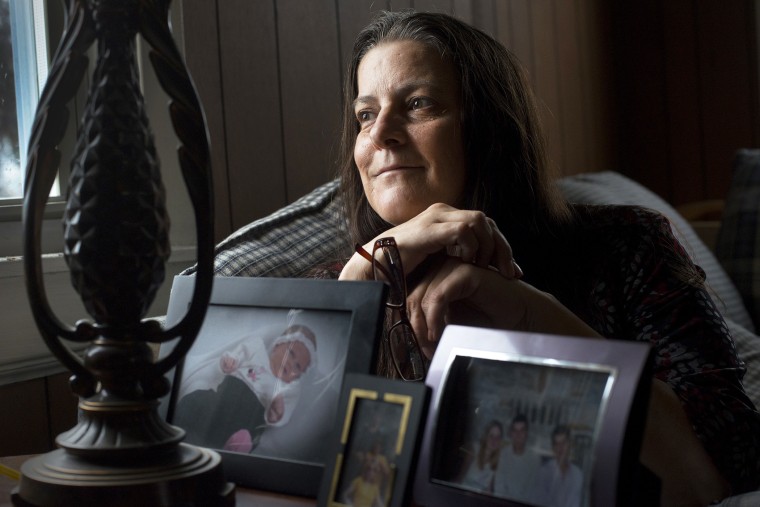The number of women who stay at home with their children rather than work outside the house is on the rise, according to a study released Tuesday by the Pew Research Center -- and more women are saying it’s because they can’t find a job.
Roughly three in 10 moms did not work outside the home in 2012, according to the Pew study, which relied on census and government data. A six-point rise since 2000 represents a shift in behavior among American women, after decades of decline during the second half of the 20th century.
The data show that the recession likely influenced women’s choices: The number of stay-at-home moms rose by 3 percentage points since 2008, the depth of the recession. The research characterized mothers who are disabled or in school as stay-at-home moms.
Of the nation's 10.4 million stay-at-home moms, 6% said they did so because they were unable to find a job, up from 1% in 2000, according to the study.
The survey suggests that women’s declining participation in the labor force, the rise of immigration, and the stagnant economy are among the economic and demographic causes for the shift. Four in 10 mothers born outside the United States stayed at home with their children in 2012, compared with 26% of mothers born in the U.S.
The majority of stay-at-home moms are married and rely on their husband’s income, according to the survey, but the remaining group -- one-third of all stay-at-home moms -- is growing.
More than a third of all moms not working outside the home are living in poverty (the same is true of 12% of working mothers). That's more than double the poverty rate for stay-at-home moms in 1970.
A majority of Americans said they believe it is best for a child to have at least one parent who does not work outside the home, with responses varying based on ethnicity, religion, and education levels. White evangelical Protestants, non-college educated women and Hispanics were more likely to favor one parent staying home, while college-educated women were more likely to say the child is just as well off either way.
